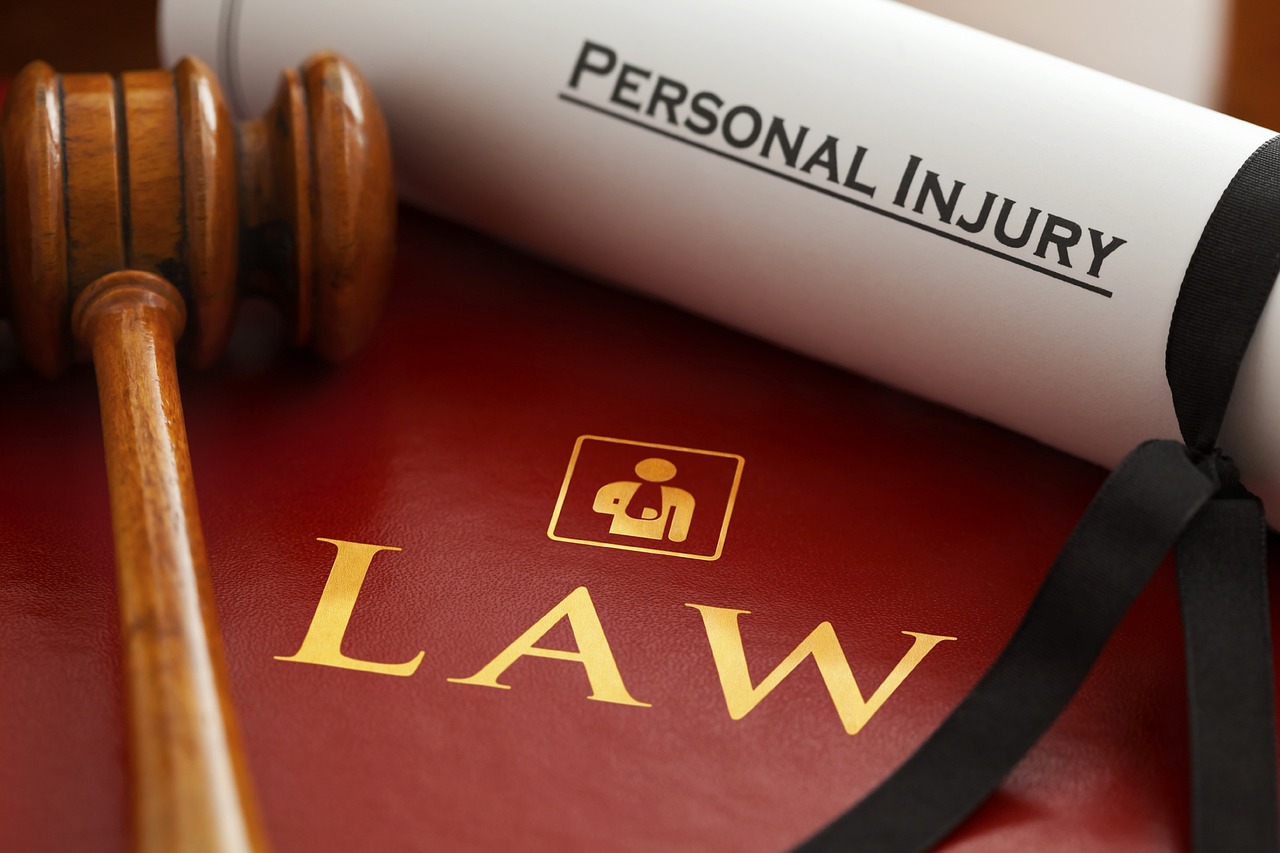Table of Contents [hide]
- 1
- 2 Introduction
- 3 Ethical Responsibilities of Attorneys
- 4 Ethical Considerations for Plaintiffs
- 5 Ethical Obligations for Defendants
- 6 The Role of Medical Professionals
- 7 Ethical Impact on Insurance Companies
- 8 Regulatory Bodies and Ethics Enforcement
- 9 The Judicial System’s Role in Upholding Ethics
- 10 Conclusion
Introduction
Ethics play a crucial role in personal injury cases, guiding attorneys, plaintiffs, defendants, and the judicial system through fair and just processes. Understanding how ethics function in such cases is essential for all parties involved to ensure integrity and credibility throughout the legal proceedings.
Ethical Responsibilities of Attorneys
Duty to Clients
Personal injury attorneys serving Seattle, Washington representing clients in personal injury cases have a fiduciary duty to act in the best interests of their clients. This includes:
- Confidentiality: Lawyers must keep all information relating to the representation of a client confidential, unless the client gives informed consent to disclose certain information.
- Competence: Lawyers must provide competent representation, which means they should have the necessary legal knowledge, skill, thoroughness, and preparation reasonably necessary for the case.
- Communication: Attorneys must keep their clients reasonably informed about the status of their case and promptly comply with reasonable requests for information.
- Conflict of Interest: Attorneys must avoid conflicts of interest, where personal interests, third-party interests, or former client interests could potentially compromise their ability to represent their client effectively.
Duty to the Court
Lawyers also have an ethical obligation to the court, which includes:
- Candor: Lawyers must not engage in deceitful conduct and must be honest in their representations to the court.
- Fairness: Attorneys must not knowingly offer false evidence or make frivolous claims. They are also responsible for ensuring that their client’s claims are grounded in fact and law.
- Integrity: Lawyers should not manipulate or mislead the judicial process in any way.
Duty to Opponents
Ethical behavior towards opposing parties and counsel is also imperative, including:
- Respect: Attorneys should treat opposing parties and their counsel with respect and civility.
- Honesty: Avoiding tactics meant to unfairly prejudice the opposing party or mislead them about facts pertinent to the case.
- Disclosure: Attorneys are often required to disclose certain information to the opposing side, especially in the discovery phase, to ensure that all relevant information is evaluated.
Ethical Considerations for Plaintiffs
Honesty and Truthfulness
Plaintiffs in personal injury cases must provide honest and truthful accounts of the events that led to their injury. This includes:
- Accurate Reporting: Truthfully reporting the circumstances and extent of the injuries sustained.
- Evidence Disclosure: Providing all relevant evidence to support their claims, including medical records and personal testimony.
- Fraud Avoidance: Abstaining from fraudulent activities, such as exaggerating injuries or fabricating incidents.
Cooperation with Legal Counsel
Plaintiffs must cooperate fully with their legal representation, which involves:
- Providing Information Promptly: Supplying requested documents and information in a timely manner.
- Following Legal Advice: Trusting and following the guidance of their attorney, particularly when it comes to strategies and legal disclosures.
Ethical Obligations for Defendants
Honesty in Defense
Defendants must also be truthful in their defense strategies:
- Accurate Representation: Providing a truthful account of events from their perspective.
- Factual Defense: Avoiding false claims or misrepresentation of facts in their defense.
Fair Settlement Practices
Defendants are often involved in settlement negotiations. Ethical conduct in settlements means:
- Good Faith Negotiations: Engaging in settlement talks with an honest intention to resolve the dispute.
- Transparency: Being open about the limitations and possibilities of the settlement offers.
The Role of Medical Professionals
Medical professionals are often called upon in personal injury cases to provide medical testimony and evidence. Their ethical duties include:
- Impartial Evaluation: Providing objective and unbiased medical evaluations and testimony.
- Patient Confidentiality: Maintaining patient confidentiality unless there is a legal requirement to disclose information.
- Honest Reporting: Accurately reporting medical findings and assessments without succumbing to external pressures.
Ethical Impact on Insurance Companies
Insurers also have ethical responsibilities, which include:
- Fair Assessment: Conducting fair and thorough investigations of claims.
- Prompt Payments: Making prompt payments on legitimate claims without unnecessary delays.
- Non-Discriminatory Practices: Avoiding discriminatory practices in claims processing and settlements.
Regulatory Bodies and Ethics Enforcement
Bar Associations
Most jurisdictions have bar associations that oversee the conduct of attorneys. They can:
- Develop Ethical Codes: Have established codes of ethics, like the American Bar Association’s Model Rules of Professional Conduct, which provide guidance for lawyers’ responsibilities.
- Disciplinary Actions: Enforce ethical rules by disciplining attorneys who violate them, which can include sanctions, suspensions, or disbarment.
Medical Boards
Medical boards regulate the conduct of healthcare professionals. They can:
- Licensure Requirements: Require medical professionals to adhere to ethical standards as part of their licensing process.
- Sanctions: Impose sanctions on healthcare professionals who breach ethical duties.
Insurance Regulators
Insurance companies are subject to oversight by state insurance regulators, whose responsibilities include:
- Regulation of Practices: Ensuring that insurance companies operate in ethically sound and fair methods.
- Consumer Protection: Protecting consumers from unethical practices like unjust claim denials and delays.
The Judicial System’s Role in Upholding Ethics
Judges and Ethical Conduct
Judges ensure that legal proceedings are conducted fairly and ethically. Their roles include:
- Impartiality: Maintaining impartiality throughout the trial and decision-making process.
- Conflict Resolution: Addressing and resolving any conflicts of interest that may arise.
- Integrity of Process: Upholding the integrity of legal proceedings and ensuring they are free from corruption or unethical influence.
Ethical Standards in Trial Procedure
The procedural rules in personal injury cases help maintain ethical standards, including:
- Evidence Rules: Courts have stringent rules about the admissibility of evidence to prevent the introduction of misleading or prejudicial material.
- Procedural Fairness: Ensuring that all parties have a fair opportunity to present their cases, with equal access to legal processes and protections.
Conclusion
Understanding and adhering to ethical standards in personal injury cases is critical for ensuring justice and fairness. Attorneys, plaintiffs, defendants, medical professionals, and insurance companies all have specific ethical duties that must be followed. Upholding these ethical standards protects the integrity of the legal system and ensures that personal injury cases are resolved justly. Ethics in personal injury cases not only guide professional responsibility but also build public trust in the legal and judicial processes.



